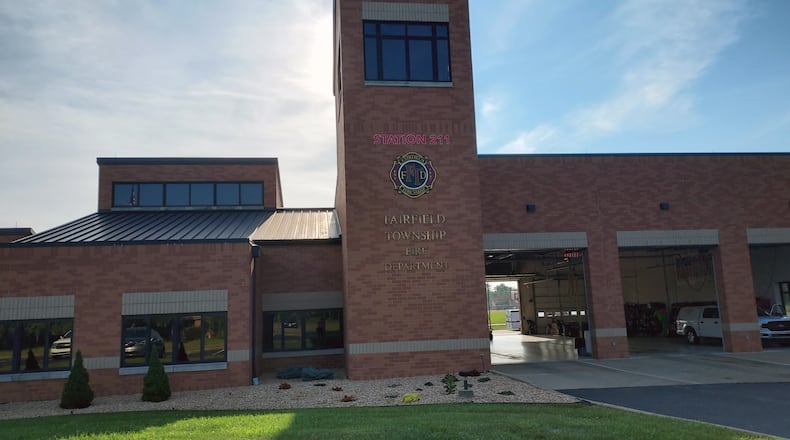Last year the township paid $119,186 for special events including Spring Clean-Up and Patriots days, after subtracting out grants or sponsorships, said Kim Lapensee, township administrator. That cost included staff overtime.
Trustee Joe McAbee is in favor of reducing expenses but would have preferred putting some kind of levy on the ballot and letting citizens decide what level of service they want.
Under consideration had been levies ranging from 2.9 mills to 4.9 mills, that would have raised between $2.3 million and nearly $3.9 million annually.
“I can’t tell you how disappointed I am that we’re not trying to do something to avert a crisis that’s just around the corner for us financially,” McAbee said.
“Clearly, the numbers today and moving forward in the next 24 months show a very bad picture.”
Fiscal officer Shelly Shultz said the township is expecting to end the year with a $10 million carryover into 2026. But early projections put expenses $3.6 million higher than revenue next year.
She said carryover balances will deteriorate rapidly, adding the township might get through 2027 but would have no carryover balance to get through the first few months of 2028 before the township receives its first tax settlement.
“Until 2022 or so, our revenues exceeded our expenses,’’ Schultz said. “That’s no longer the case. We’re spending down our reserves.”
Trustees Shannon Hartkemeyer and Michael Berding said they would not ask voters to approve a levy unless it was absolutely necessary. Both agreed the township needed to tighten its fiscal belt and spend the next year looking at cost-saving measures.
“Looking forward I am very much in favor of continuing to look at streamlining our operations and being as efficient as possible with our current resources,” Hartkemeyer said.
“We have money to cover this year. We have money to cover next year. It’s possible that we might be asking (voters to approve a levy) next year.”
Berding said there are families that have had to make cuts because of an increased tax burden and trustees have to show, they, too, are making spending reductions.
“We need to find ways of saving money on our expenditures. Before I’m prepared to go to the taxpayers for additional funds, I feel like we need to show them where we’re cutting our expenses,’’ Berding said.
“We can really sharpen our pencils and look at our numbers…before going back to the homeowners.”
About the Author
